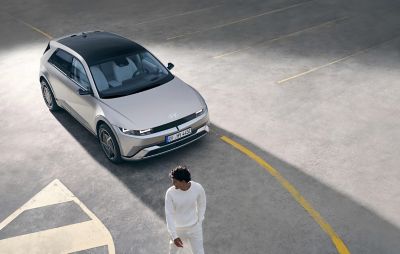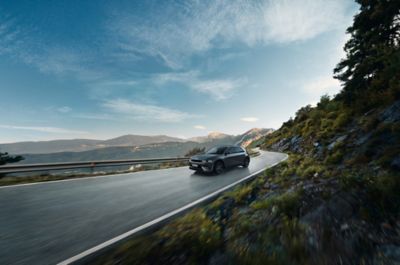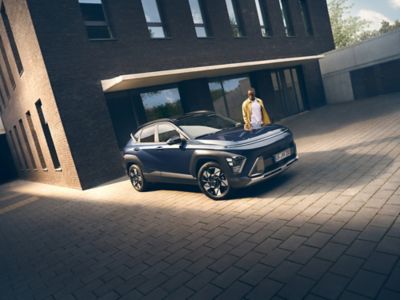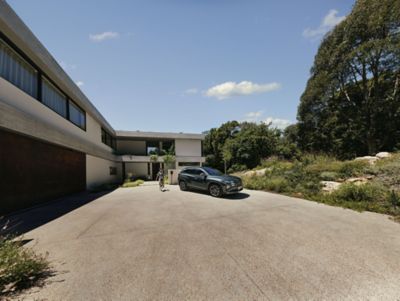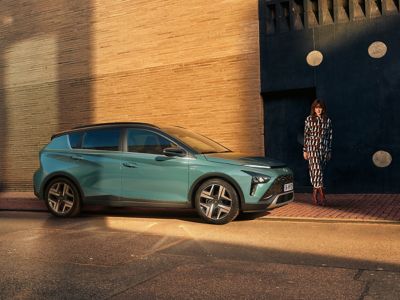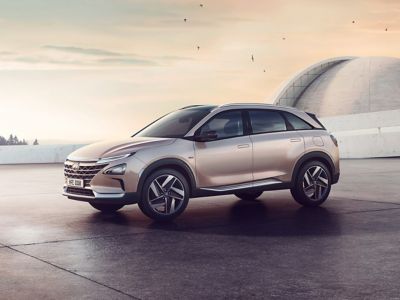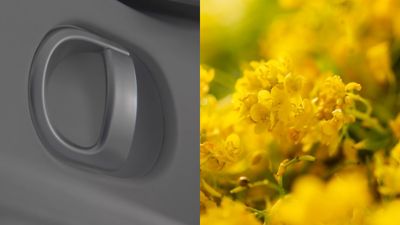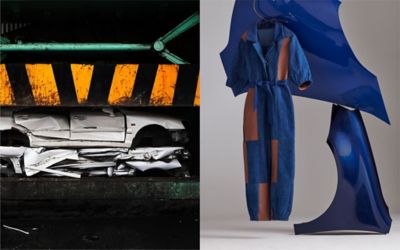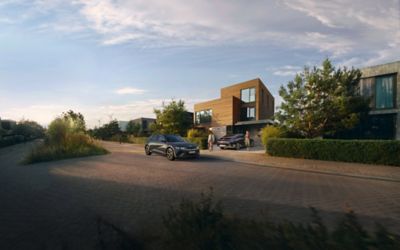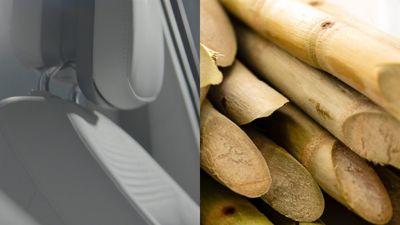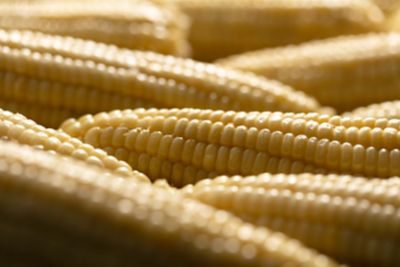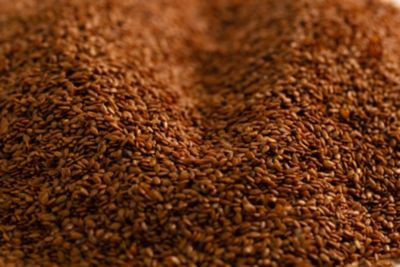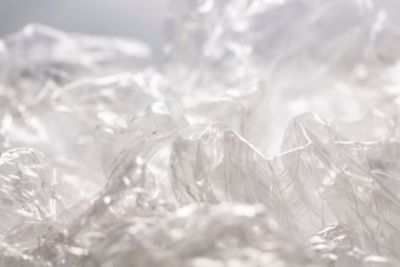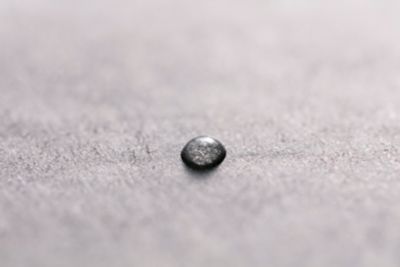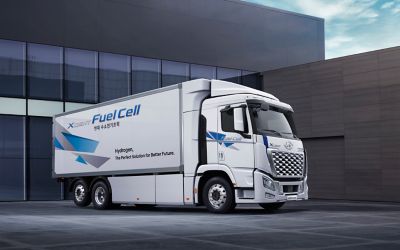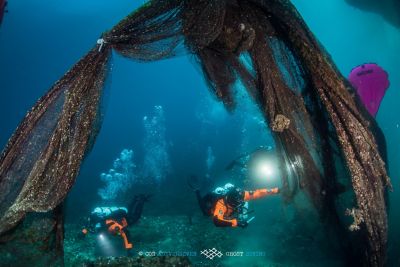Our commitment to sustainability and future mobility.
Hyundai is shaping the mobility of tomorrow – implementing innovative ideas for greater efficiency and creating a model range that covers the entire spectrum of alternative drive systems – and going beyond being an automobile manufacturer to become a mobility solution provider.
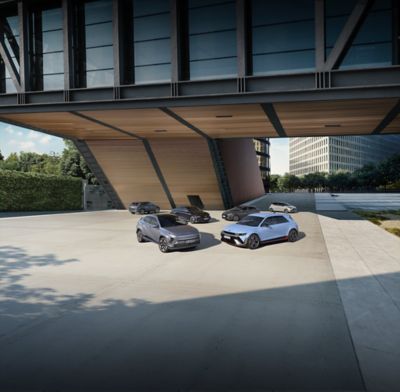
The entire spectrum of eco-friendly powertrains.
Driving a sustainable future with David de Rothschild.

Eco-friendly materials in our vehicles.
IONIQ 5 is made using nature-friendly materials.
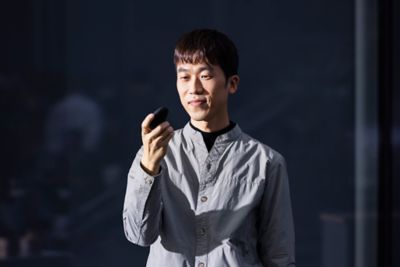
Using recycled PET bottles can inspire people to think about how products that are easily thrown away could be turned into something new. Of course, it would be better if PET bottles didn’t exist at all.
Innovatively using environmentally-friendly materials.
Calling you to create a more sustainable world.
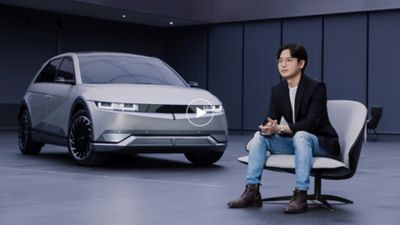
IONITY high-power renewable energy charging network.

Drivers benefit from maximum charging speeds and short charging sessions while having access to 100 per cent renewable energy for both emission-free and carbon-neutral driving. In select countries, Hyundai EV owners can enjoy a free one-year subscription to IONITY, which forms part of Hyundai’s new pan-European integrated public charging service, Charge myHyundai.
